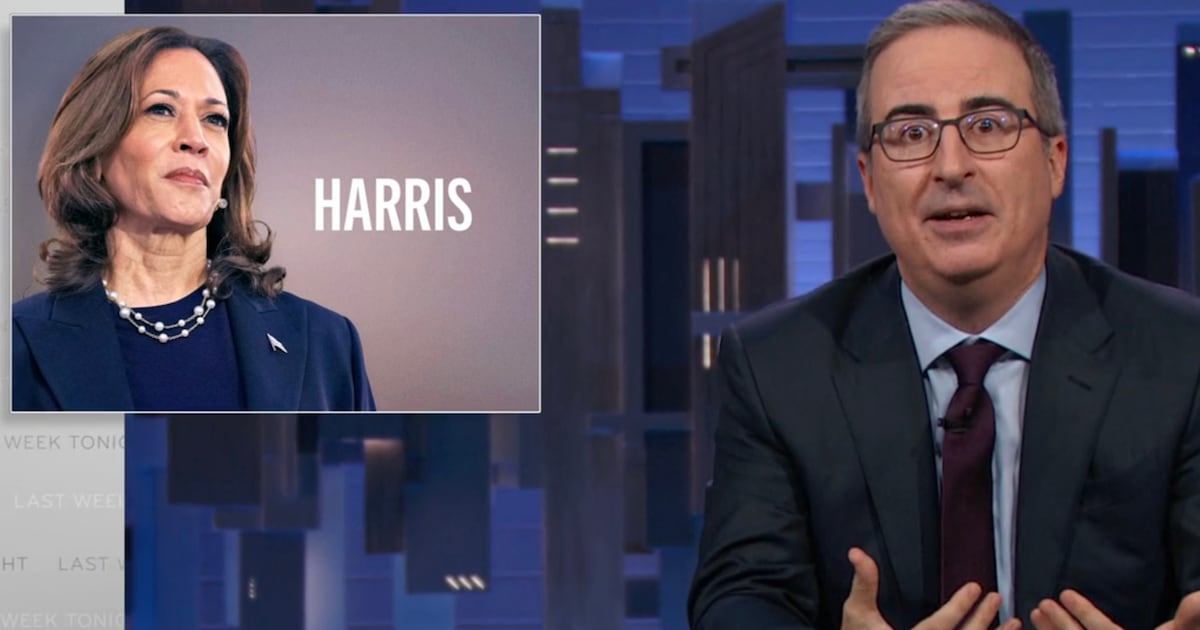In the wake of being targeted by mail bomb attempts, my media colleagues understandably cast themselves as heroic victims.
There’s a sense that Donald Trump’s dangerous rhetoric (referring to us as “fake news,” the “enemy of the people,” or boasting about a Republican congressman body-slamming a reporter) might have helped stoke the attempts to deliver mail bombs to CNN’s New York headquarters and to a select group of liberal politicians. But my concern is that we are actually part of the problem.
Let us begin by acknowledging that the evil person (or persons) who sent these bombs is to blame. Then, let’s acknowledge that, yes, words and ideas can encourage or discourage behavior. This is especially true when it comes to the president of the United States of America. He has a uniquely important job, which includes serving as a calming force and a uniting voice for the country. Trump has abdicated this responsibility and, in doing so, has engendered division.
ADVERTISEMENT
But while I disagree profoundly with Trump’s comments about the press, I think that there is some merit to his claim that the media has contributed to the current climate of fear and anger.
I feel weird copping to this. As a Daily Beast commentator and CNN contributor, I am partly to blame. Likewise, as a member of the media, I could be a potential target of some anti-media revenge plot. (In my case, I could be hit by the left, because I’m a conservative, and/or the right, because I’m usually pretty tough on Trump.)
This identity helps inform my opinions about the importance of an independent media. It is vital to have an independent press that holds powerful people accountable. On the other hand, my roles have shown me that we bear some responsibility for fostering a toxic environment that increasingly has turned confrontational, uncivil, and even violent.
Cable news is frequently a shout-fest that brings more heat than light—more passion than illumination (I have sometimes contributed to this state of affairs.) We spend considerable time talking about caravans full of illegals headed to our border, school shootings, family separations, and how (depending on which network you’re watching) you’re either an evil racist who hates immigrant children or a dupe who is fine with terrorists and drug dealers raping our wives and daughters.
For 99 percent of us, the media frenzy causes a low-grade depression. For a small segment of Americans, though, I suspect it is driving them crazy. Crazy enough to do something horrific—like shoot a Republican congressman on a baseball diamond or try to send a bomb to a former Democratic president (or two).
The problem isn’t that we cover bad or depressing things happening in the world. These important topics deserve news coverage. But the truth is, we don’t just report them―we hype them (coupled with “BREAKING NEWS!!!” alerts, graphics, countdown clocks, music, and the most provocative B-roll footage we can find). Then, we bring on people to fight about the provocative topics. It’s a never-ending cycle. This madness doesn’t infect your home once a day at 6 p.m.—it’s a relentless, 24/7 barrage of negativity. And it’s not just on TV. It’s on talk radio, Twitter, and multiple websites. It is concocted entertainment—a “product” used to generate clicks and ratings.
So when we in the media get on our high horse about our role in defending democracy, we should take a long look in the mirror. When we cast ourselves solely as heroic victims, we consciously ignore the cable news segments, blogs, or tweets that are largely about ratings, buzz, re-tweets, and ginning up anger.
The same self-righteous media also had a hand in creating Donald Trump. It was NBC’s The Apprentice that arguably did the most to propel him to the presidency. The coverage he received on cable news bolstered his campaign. As then-CBS CEO Les Moonves said of Trump’s theatrics during the 2016 race, “It may not be good for America, but it’s damn good for CBS.”
The media produces a climate in which Trump and his copycats (see Michael Avenatti) can flourish. It rewards assholery and never punishes pretend bullies. The result is a sense of lawlessness in political discourse or hopelessness (if you feel like you’re the victim). Just ask Mitch McConnell’s or Ted Cruz’s dinner companions.
I won’t equate McConnell’s ruined dinner with sending someone a bomb. The difference is stark. What I am suggesting is that there is a spectrum of uncivil behavior, and we have run the gamut the last few years (Steve Scalise’s shooting, comments from Eric Holder and Maxine Waters, The New York Times fantasizing about Trump’s assassination, Kathy Griffin’s gruesome photo, etc.). In general, I believe we should be consistent in championing civility and condemning rhetoric or action that could spiral out of control. For this reason, I have condemned both Trump and the Democratic “mob” for their misbehavior. (It is interesting that my friends in the media only applauded when I did the former, not the latter.)
The word “media” can encompass Hollywood-inspired infotainment, cable news, and journalism that involves investigative reporting or being embedded in a war zone. The overlap in categories makes it hard to attack the “media” without besmirching the heroism of front-line journalists who really do risk their lives every day.
My advice to the media is similar to what I would tell Trump. It’s what I try to tell myself every morning: Tell the truth, but in a way that is responsible. Eschew things that are salacious or done simply to gin up excitement. Exercise restraint and forbearance. The onus is on us to police ourselves. With great power comes great responsibility.





